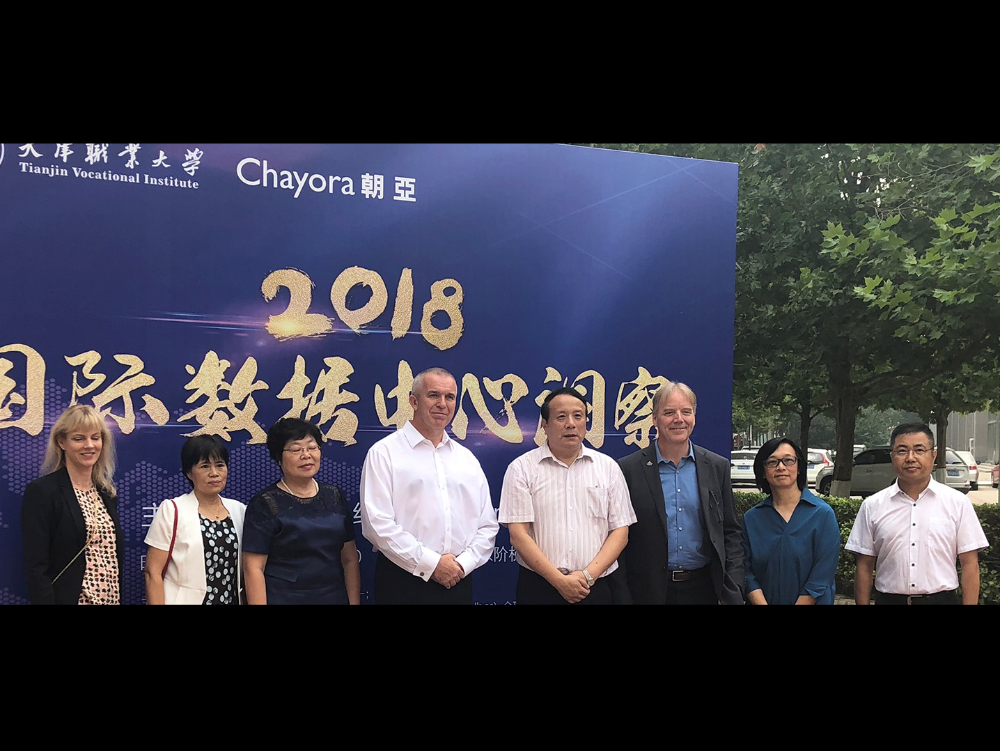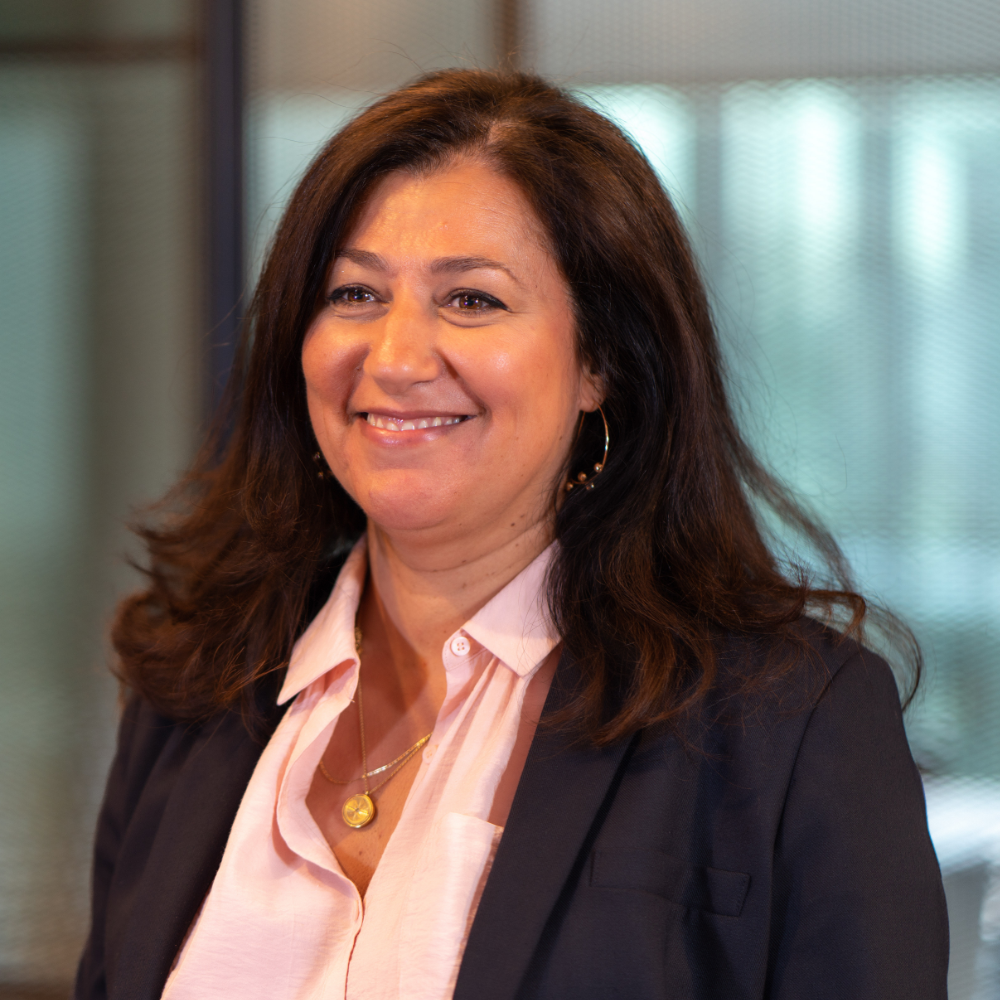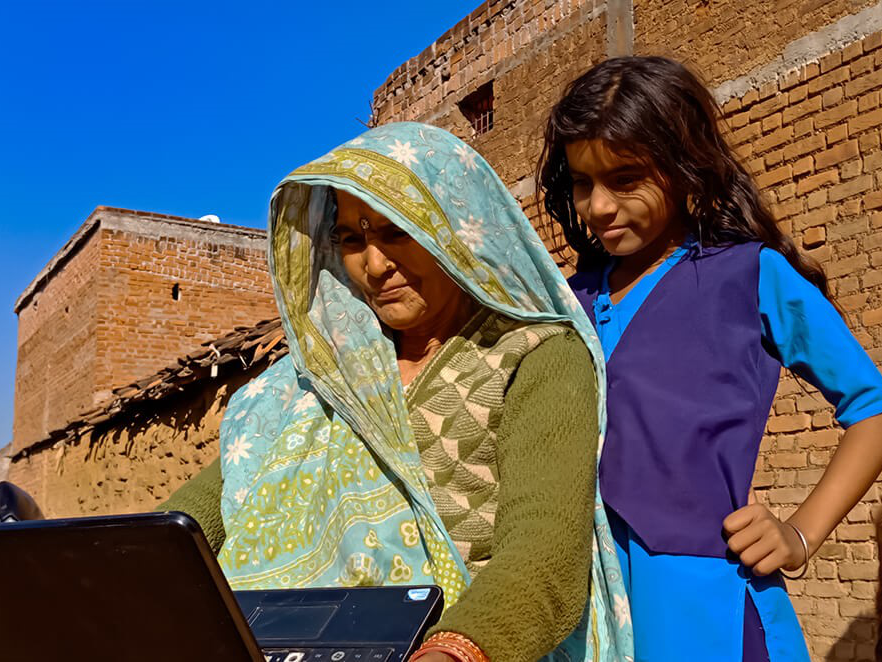Chayora enables access to world-class digital infrastructure in China: for both international businesses and domestic sector leaders. Actis’ Shami Nissan speaks to its Chief Executive, Oliver Jones about how he is driving a diverse and inclusive culture at all levels of the firm.
Do you believe it is important to the success of Chayora to have local / regional talent on the management team? And gender balanced teams? In what way?
To ensure we can be credible and demonstrate our capabilities, it was particularly important for us to draw on the best talent and experience available worldwide. This requires a diverse mix of genders, nationalities and regional experts overlaid on the technical and managerial skills at the heart of our business. The technology sector is particularly poor in gender balance and through Chayora’s involvement with Infrastructure Masons, an organisation that helps technology professionals to connect, grow and give back. We have been very active in supporting the IM initiative to improve gender diversity in the sector. We currently have relatively strong female representation across the executive team (one third currently being female against a technology sector norm of just 10%).
How did you go about securing the diverse talent we see in Chayora management team today? What benefits have you seen as a result of this?
Aside from gender , a nationality mix that shows prospective customers we are ‘Chinese in China’ whilst very international in our dealings has led to us having an executive team mix that is now one third mainland Chinese, one third international Chinese, and one third non-Chinese. We needed to have individuals who had experience with many of our targeted customers from the global cloud players and importantly had in-China direct experience with an international filter. This recruitment specification led us to the current team structure – which reflects a natural evolution from our initial (some years ago) much more internationally dominated team structure. The team is powerful on paper and is starting to show great cultural alignment around the Chayora goals and objectives – leveraging the best of our respective backgrounds to genuinely demonstrate the ‘whole is greater than the sum of its parts’.
In the context of China, do you see more attention and value being placed on diversity by business leaders? How do leaders of international businesses in China think about diversity and which dimensions of diversity feature most prominently?
I am not sure that China is particularly focused on driving diversity per se as it often seems more of a Western construct and concern today. For example, historically women in China have featured much more widely and strongly in senior management teams since the days of Chairman Mao whose noted ‘Women Hold up Half the Sky’ proclamation led to China being far more advanced in gender equality terms and ahead of the West’s more recent initiatives. Ethnically China itself also has dimensions that are often missed by outsiders: while Han Chinese is the dominant group, over 50 other ethnic groups within China are recognised, and in languages, there are 8 major dialect group and over 300(!) different languages spoken by the huge 1.4 billion population. In China therefore, being aware of these factors and ensuring we do not convey the wholly wrong message that either domestic or international solutions are ‘better’ is essential, and emphasising ‘the best of Chinese with the best of the rest of the world’ is our focus – imposing latest Western thinking regardless of context is something we strive not to do.
As a CEO, how do you drive an inclusive culture at Chayora?
An early lesson I learned was to seek out and recruit, retain and try to inspire the best to support great ideas … often tough in pioneering ventures and entrepreneurial firms. Another important lesson was to avoid recruiting in one’s own image … and from direct personal experience, these lessons have delivered far better outcomes for me – so I know they work! Accordingly we work hard to have the mix of the best: whether younger or older, male or female, local or international, and of whatever national or ethnic background makes sense to build a balanced and strong team. We are now working hard to enhance alignment across these spectrums with our core corporate values centred on the Chayora Way in which being part of the Chayora team is the ultimate aspect, where we each respect the contributions of others – regardless of seniority or history – and strive to see team performance as the measure of us all.
Tell us about the Chayora Academy – what are its objectives and what was behind your decision to launch the academy?
The Chayora Academy is a core training and development concept designed to enable sustainable, superior service performance through everyone understanding their roles and overall business objectives and underpinning them with skills addition and coaching. Whether a frontline engineer, or a member of our administration team or a team leader, we need all to appreciate and understand how their individual contribution makes a difference to the fulfilment of our corporate goals. Everyone matters, as otherwise they wouldn’t be part of the team. This internal focus of the Chayora Academy is being extended by establishing relationships with local universities through which we can contribute knowledge to their curriculum and in exchange gain access to smart, young, talented interns, sponsorship programmes and graduate recruits – something we value and our prospective customers also appreciate as demonstrable and sensible corporate social and community engagement. Overlaying our values on gender balances can also then be demonstrated – as we did with a recent group of interns by underlining that we wanted 50/50 balance to show our commitment. We have a long way to go, but we are committed to doing the right thing as well as be a contributor to both the success of the Chinese leadership’s goals and also the dimensions we know to be important at a more local community level.







